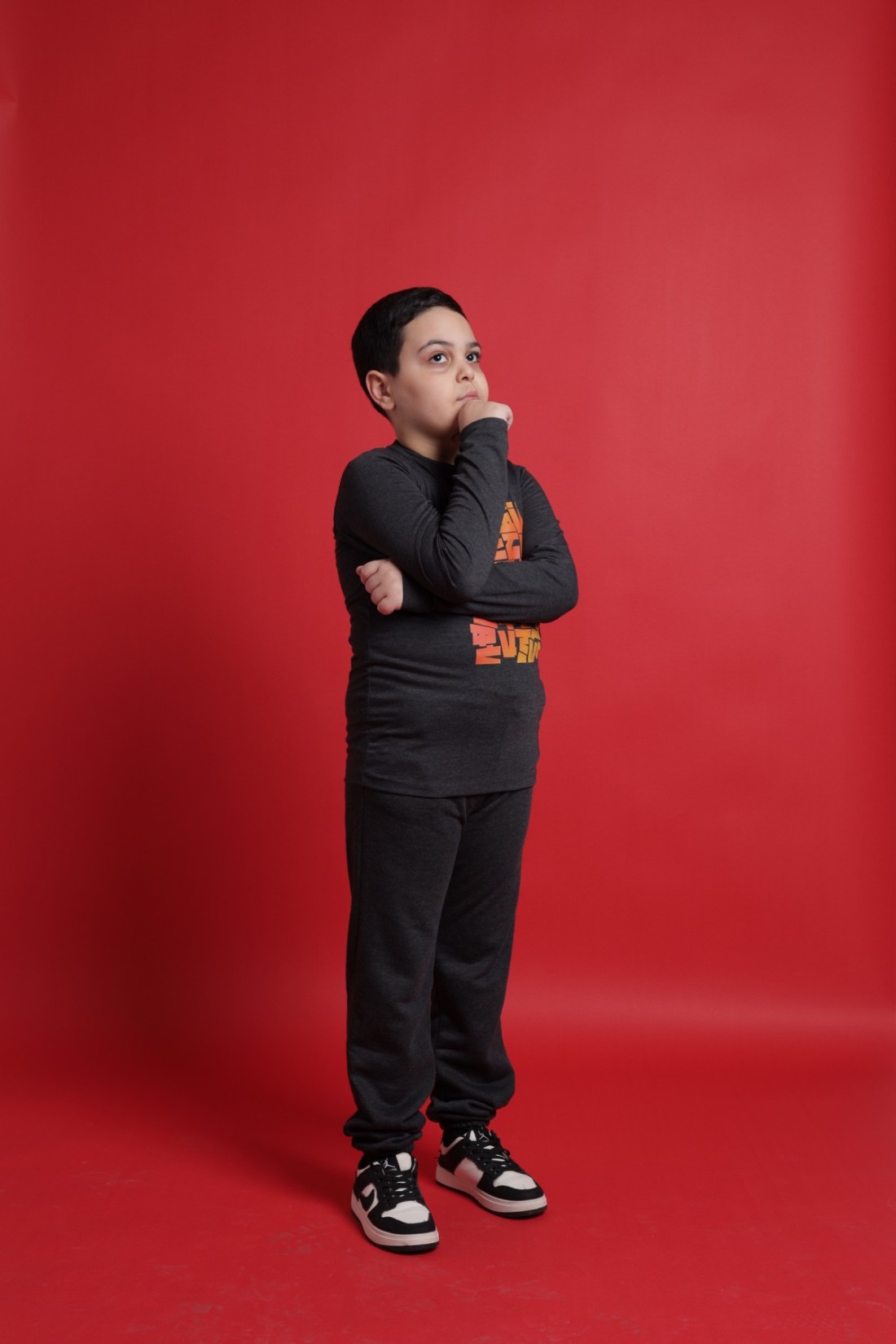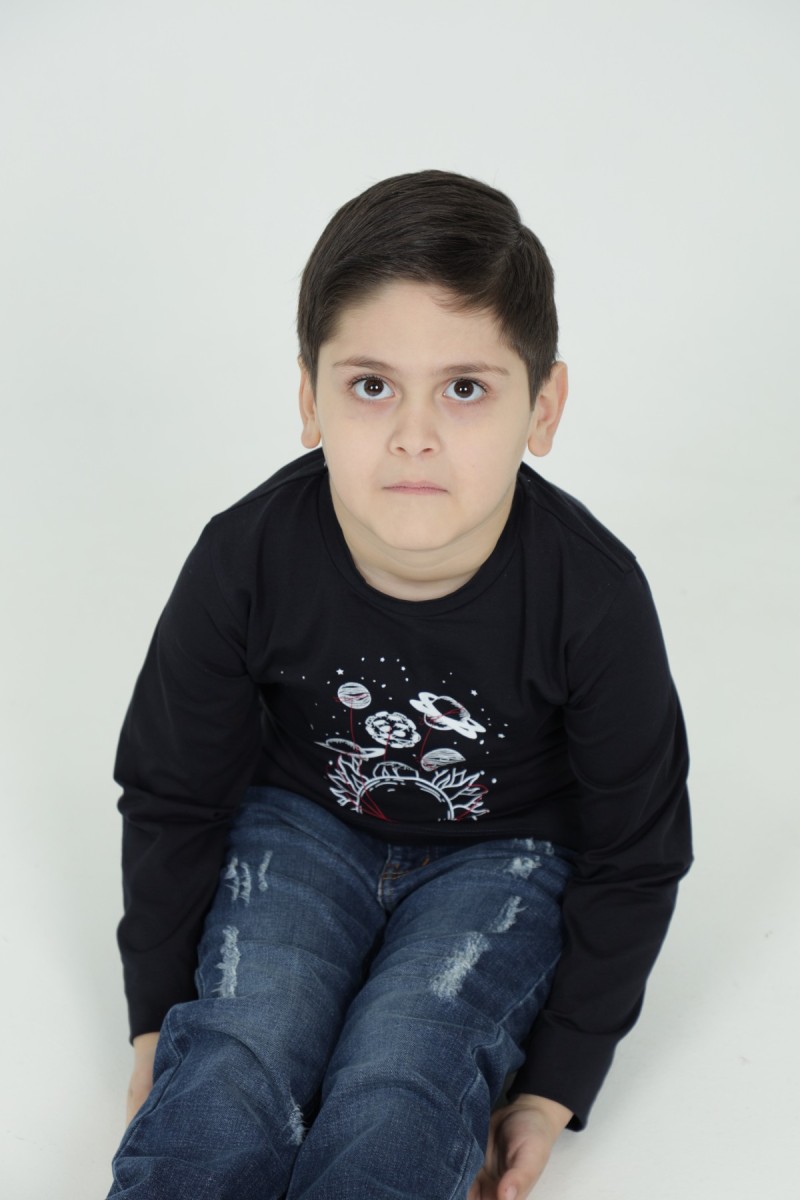
Causes of aggressive behavior in children

Aggressive behaviour in children and young people is becoming increasingly frequent. There are many reasons for this trend. The causes can be traced back to their upbringing, their communication with others and their increasing demands.
The main characteristic of aggressive children is excessive and difficult to control temper tantrums. At such times, the child has trouble controlling his or her reaction to the negative stimuli that triggered it.
Aggression in children and adolescents can take many forms: it may be physical aggression; verbal aggression, arguments, cursing; excessive criticism; aggression expressed by shouting; foot stomping; door slamming; defacing other people's property; excessive irritability manifested by temper tantrums and so on.

One of the factors contributing to aggressive behaviour is idle time.
- Unfortunately, watching TV is nowadays the most common way for children and adolescents to fill their free time, but it is television that has a serious influence on the development of aggressive readiness.
- Children reproduce the aggressive behaviour seen in films, internalise it and use it in other situations.
- Numerous studies have shown that systematic viewing of violent scenes on the screen has an enormous negative influence on the subsequent behaviour of young people.
- Computer games are also disturbing and have an impact on the psyche of children, as most are filled with aggression, violence and destruction. The most dangerous games are those in which the player has to fight all sorts of terrifying creatures, wage virtual warfare and the like.
Family
The causes of aggression can also be traced back to the modern family. The atmosphere in the home has a great influence on a child's development. If the home is filled with friendliness, mutual love and harmony, the child gets the right behaviour pattern, but a disruption in family interpersonal relations can lead to the formation of undesirable behaviour. A child who grows up in a house full of quarrels and scandals, after a while begins to show aggressive behaviour himself.
- The parents and other family members (grandparents) also disagree about the upbringing model is detrimental to the child's personal development. Lack of cohesion makes it difficult for the child's character to develop and influences the child's excitability and aggression.
- Aggression is also affected by harsh forms of punishment for misbehaviour.
- When parents push their children away, it is also an important cause of rebellious behaviour in children. Lack of tenderness, love, positive examples develops in them a state of hostility and sometimes aggression.
- A special role is also played by an ignoring, neglectful parenting style, where parents have little or no interest in the child's achievements at school, hobbies, company, plans or ambitions, show no love for the child, but allow maximum freedom.
School
Often the place where aggressive reactions arise is the school. Once at school the child is exposed to certain norms which regulate the behaviour of the pupils. He or she has to adjust himself or herself to the new requirements and challenges set for him or her and make contact not only with his or her peers, but also with teachers and other school staff.
- Situations can arise in the classroom that have a negative impact on the development of good teamwork skills. For example, children's repeated complaints about a classmate to a teacher may also lead to increased conflict, hostility, resentment and, later, aggressive behaviour. In general, the presence of classes with a large number of pupils is in itself conducive to aggression, because then it is easier to remain unnoticed and avoid responsibility for misbehaviour.
- Another cause of aggression is failure to perform well. A pupil who gets bad grades, who is constantly scolded and criticised, begins to exhibit increasingly reinforcing undesirable behaviour. Using various defence mechanisms, he becomes aggressive towards those children who are praised, so the role of the teacher is very important in shaping the right relationship between pupils and adults. After all, the task of upbringing is not to suppress all kinds of aggression in a child, but to guide children from anti-social to prosocial and instead of primitive behavioural forms, help them to develop such forms of negative emotions, which are accepted and tolerated by society.
To sum up we want to point out once again that any display of aggressive behaviour by a child has its cause. The causes should be identified and eliminated in time to ensure normal psychological development of the child.
